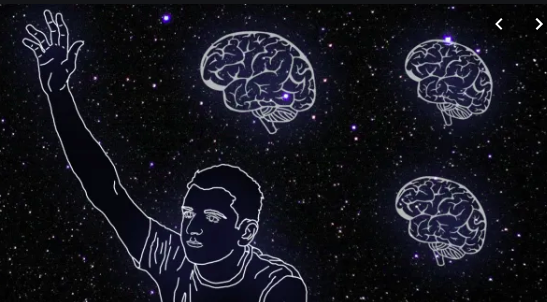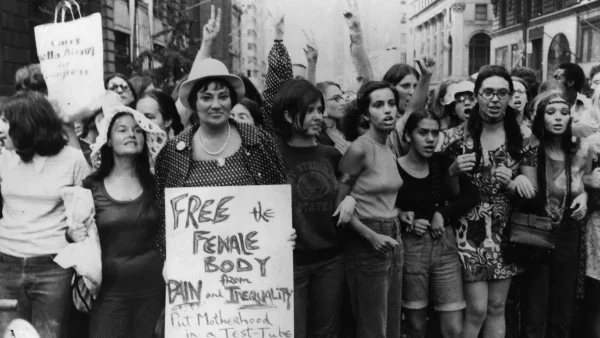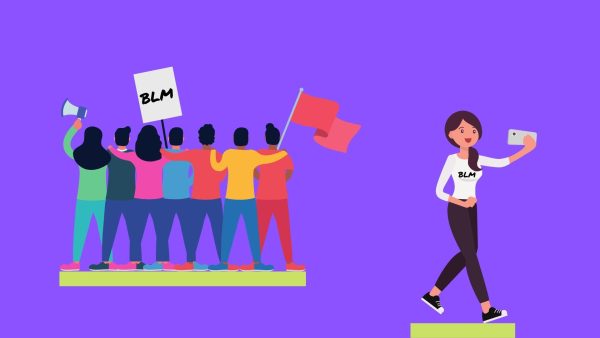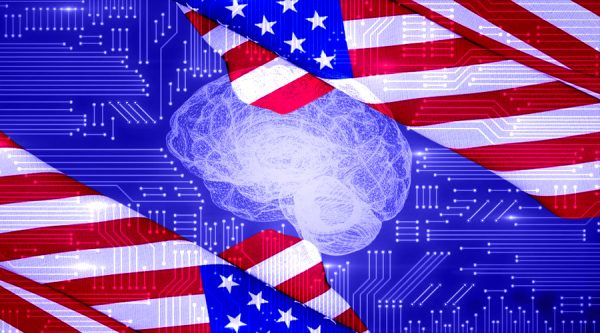OP/ED: Why Doesn’t Anyone Talk About How Depression Causes Memory Loss?

“Why doesn’t anyone talk about how depression causes memory loss?”
This tweet has been recycled dozens of times, phrased in different ways and even liked as much as 97.2 thousand times, specifically from @daredeviils. This has been the latest hot topic that has been roaming the Twitter feed.
Personally, I find this statement to be accurate. It may sound far-fetched but suffering from long-term depression and anxiety has caused me to have terrible short and long-term memory.
I easily forget what homework I have too, where I left my keys or college ID.Sometimes I’ll even forget where my class is even at the very end of the semester. It has even gotten to where I won’t remember important memories like what I did last Christmas or my cousin’s first birthday unless I’m being reminded through pictures and videos on Snapchat.
All I can think about at some moments are the painful feelings of shame and guilt caused by my past traumas.
People have been having conversations about the theory that depression and anxiety can blackout entire memories, entire days and entire years of trauma. Sometimes even blocking out memories to where they don’t recall them unless they have pictures.
Interactive tweets from users have even shared their own experiences such has @ivorylungs: “the thing about long term/untreated depression and anxiety causing memory is wild because it really makes me question the things that have happened in my life that have caused it since I can’t remember much of any details of these events just vague feelings and maybe people involved.”
Another tweeted by the @kvgehina: “Okay, but this whole depression causing memory loss is for the birds because we were eating dinner last night and my family started to talk and laugh about my brother’s last birthday and I couldn’t recall a (expletive) thing from it.”
What exactly is going on in the brain during long-term depression and anxiety and what exactly makes memory loss a side effect?
Well, according to the Depression and Bipolar Support Alliance, the brain goes through a great deal of stress when it is depressed. Animal studies have also shown that the stress hormone cortisol plays an important role in the remodeling of neurons in response to depression. A person’s levels of cortisol is increased in depression. Stress creates structural changes to the brain, causing it to shrink and age specifically in the hippocampus. The hippocampus stores memories of events and responds to stress hormones in the blood. Many mental disorders, including depression and anxiety, may cause it to shrink or weaken.
The dentate gyrus, part of the hippocampal formation, forms new brain cells that are produced throughout adult life. Repeated stress slows the production of new neurons in the dentate gyrus and may also cause neurons in the hippocampus to shrink.
The prefrontal cortex, a key structure in emotional regulation, decision-making, and memory, may also shrink with depression.
When one is depressed, essentially one is focused on the past. Whether that is trauma or a loss, those painful feelings are all the brain is consumed with. This is because the amygdala, where emotional memories are stored, becomes more active in depressive illness and post-traumatic stress disorder. Repeated stress may enlarge the amygdala.
According to a study by Brigham Young University, researchers believe that people suffering from depression are experiencing a high level of memory interference. Memory interference is when a person cannot take in and recall new information because of past situations or experiences that they are dealing with. For example, since someone is experiencing changes in their thought pattern, energy levels, and motivation, they cannot really take in and recall new information the same way that they would otherwise. They’re not able to pay attention in the same way that they would if they were not depressed.
I can vouch for this firsthand. When you are constantly dealing with flashbacks of your own sexual abuse and painful memories of loathing and guilt, it can consume you. Depression is living in the past and all the horrors it brings with it. Anxiety is the fear and rush of dealing with the present but not being about to do anything about it.
Your mind becomes caught in this internal battle and you are not focused on keeping track of homework deadlines, not forgetting your keys, or even being present to remember this year’s Thanksgiving dinner.
However, there are solutions and even newfound research to treat this problem. The good news is that after correction of the excess cortisol with treatment, the hippocampal shrinkage and memory loss are partially, or sometimes completely reversed. This suggests that brain structural changes in major depression can be reversed with the right medications and therapy.
According to Neuroscience News, new therapeutic molecules developed at Toronto’s Centre for Addiction and Mental Health shows that they can reverse memory loss that is linked with depression. Not only have these molecules rapidly improve symptoms, but they also appear to renew underlying brain impairments causing memory loss.
This is a new avenue for treatment that has never been seen before because it is the first to treat cognitive symptoms like memory loss by targeting impaired brain receptors. In the preclinical test, it has increased memory performance within thirty minutes by 80 percent.
“The aged cells regrew to appear the same as young brain cells, showing that our novel molecules can modify the brain in addition to improving symptoms, ” Sibille said.
Therefore, there is in fact hope. With a world of new medication and research, there are ways to manage the memory loss that comes with the demon of depression. Besides meds, there are other holistic ways to overcome these symptoms.
They have also found meditation to structurally change the brain. It is also a great tool to use when you need to remain present and grounded which is key when dealing with depression since your mind keeps reverting to the past. Keeping your body moving through yoga, sports or working out is also recommended to help build cognitive skills.
It is also important to note if depression causes your memory loss, keep in mind that one needs to treat the cause of the problem. If someone is experiencing memory loss and depression, it’s important that he or she talk to a mental health professional and inform a loved one about the struggles.
A therapist will help work through many of the symptoms of depression, pinpoint the place where it is stemming from, and help one learn strategies that you can use to overcome it.
It is great that we can use social media to start a conversation about a topic that is often misinformed. The more we are informed about depression and other mental health issues, the better we will be at healing one another before it is too late.
So keep tweeting about mental health topics, because you never know who is reading and who you might save.












